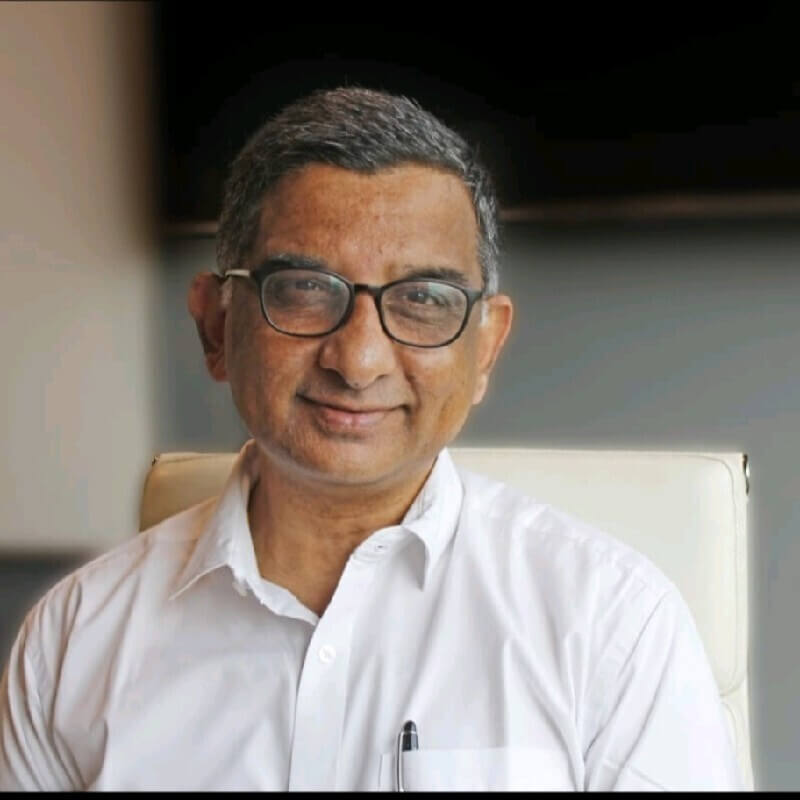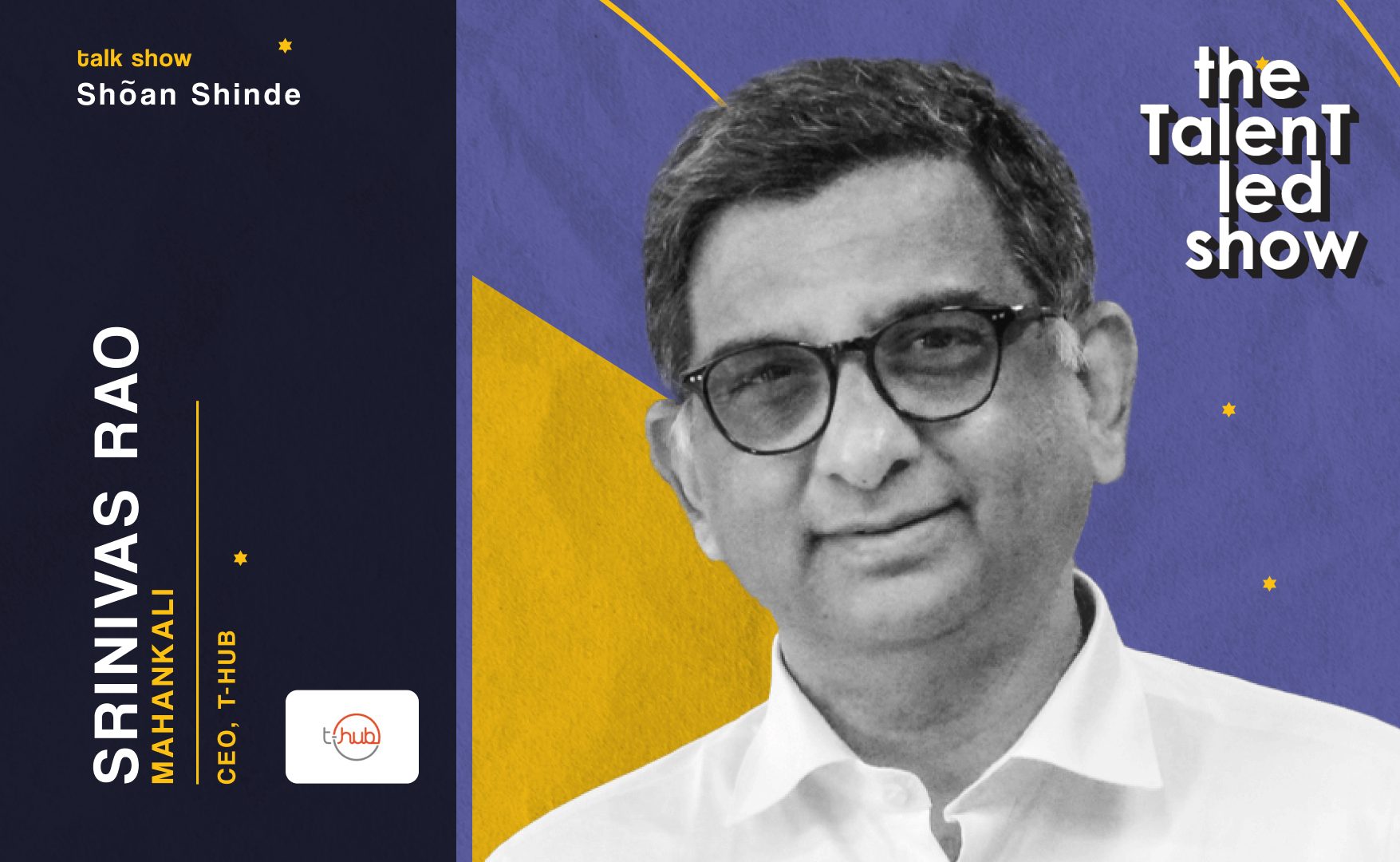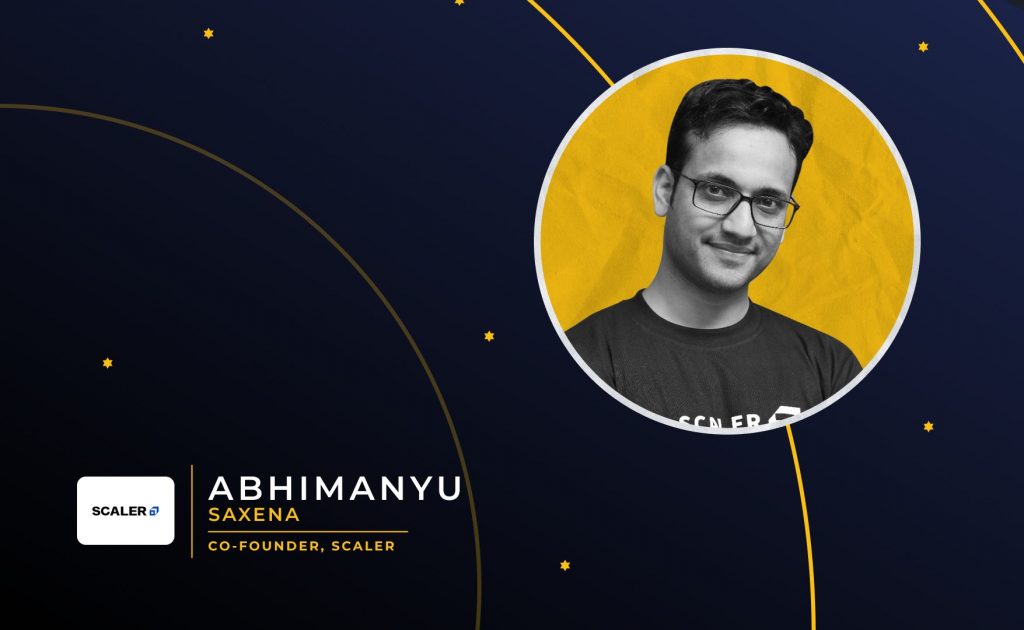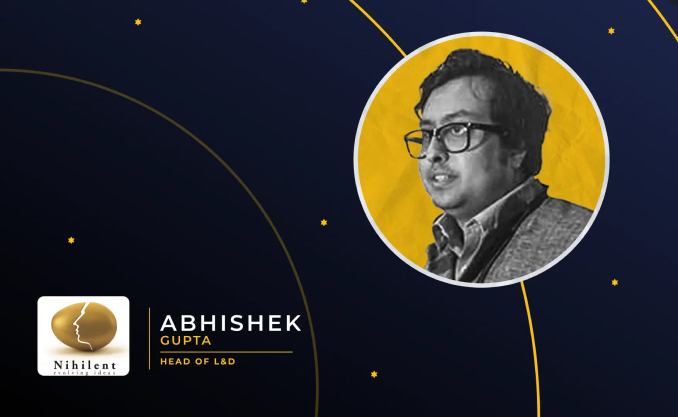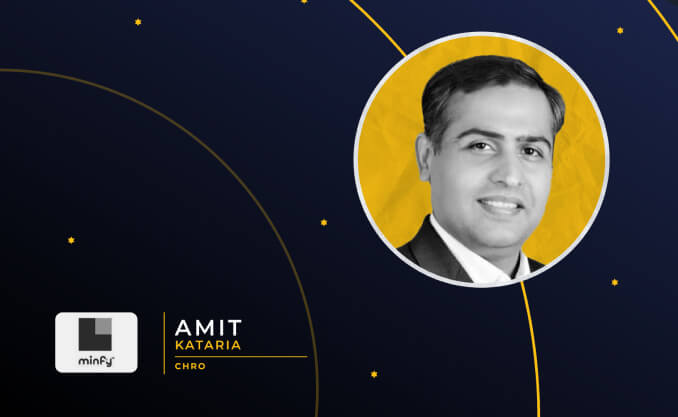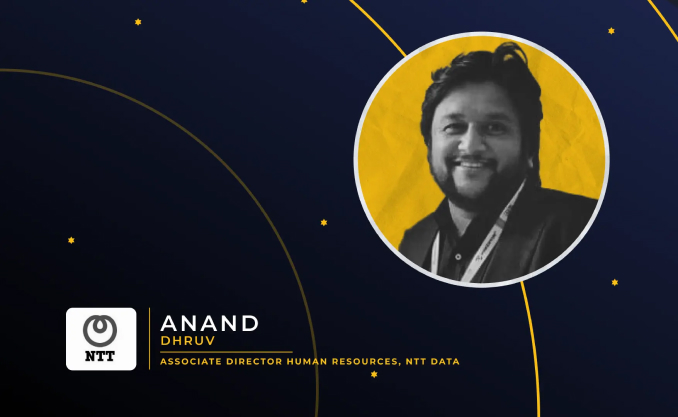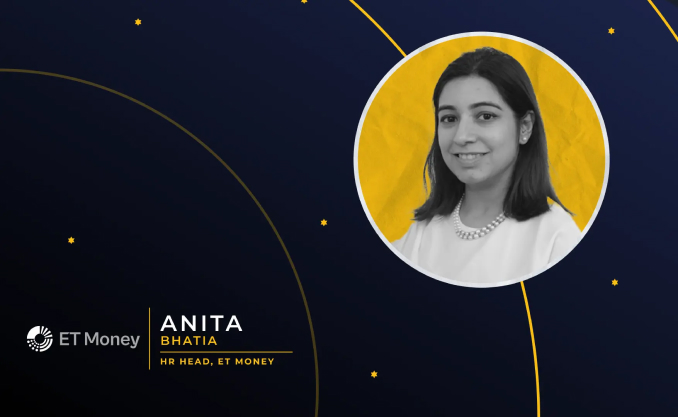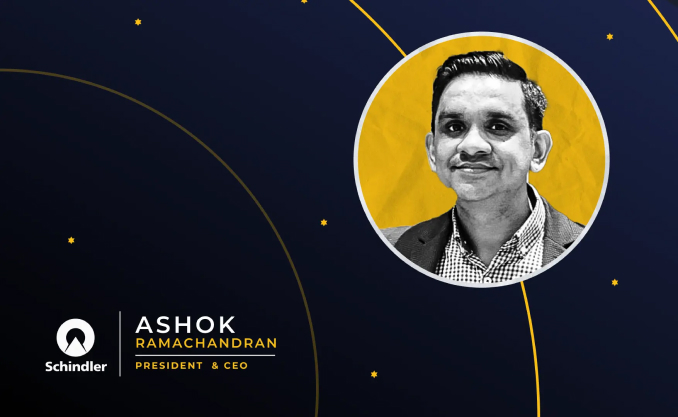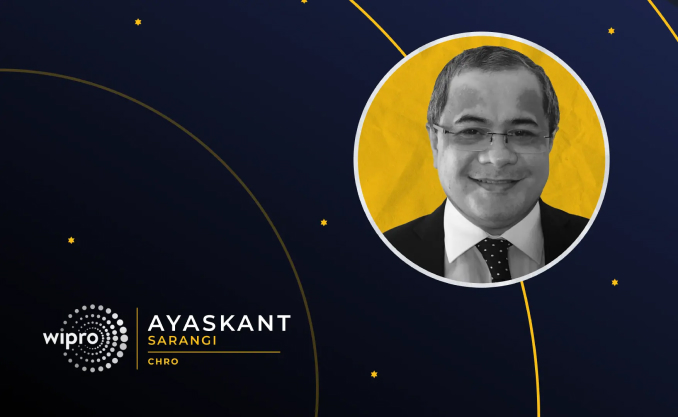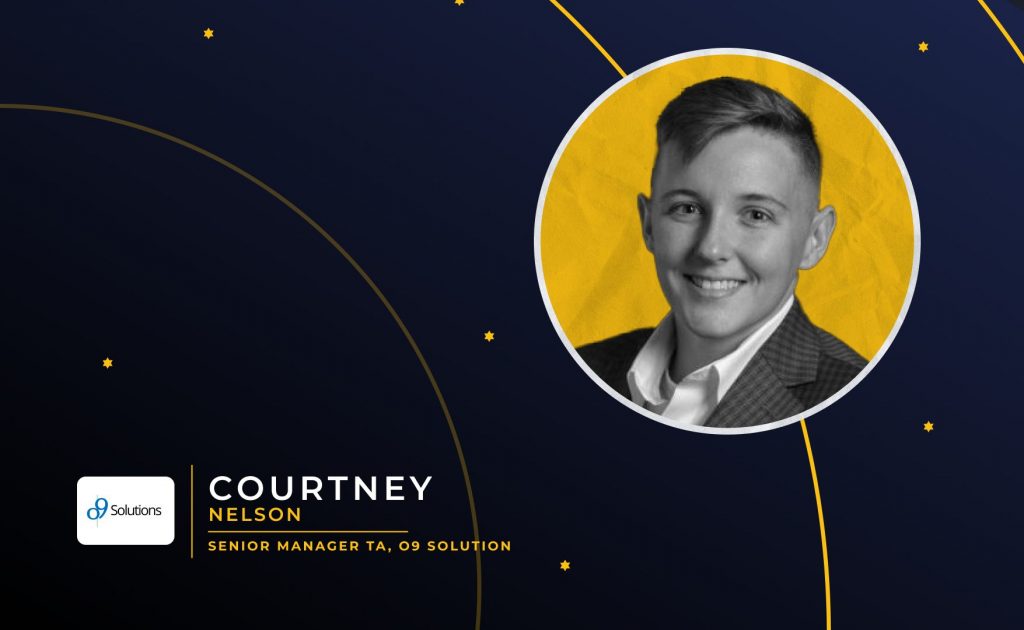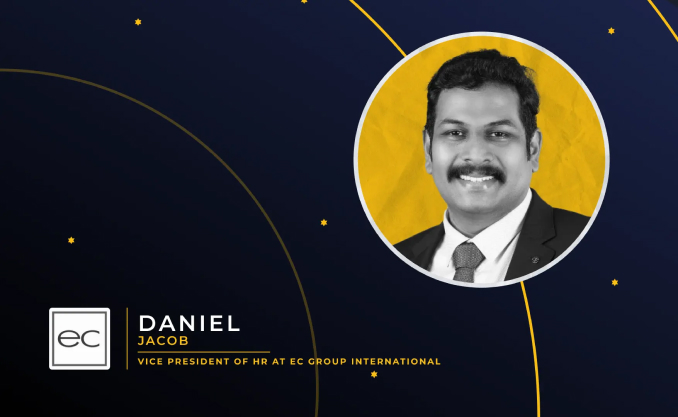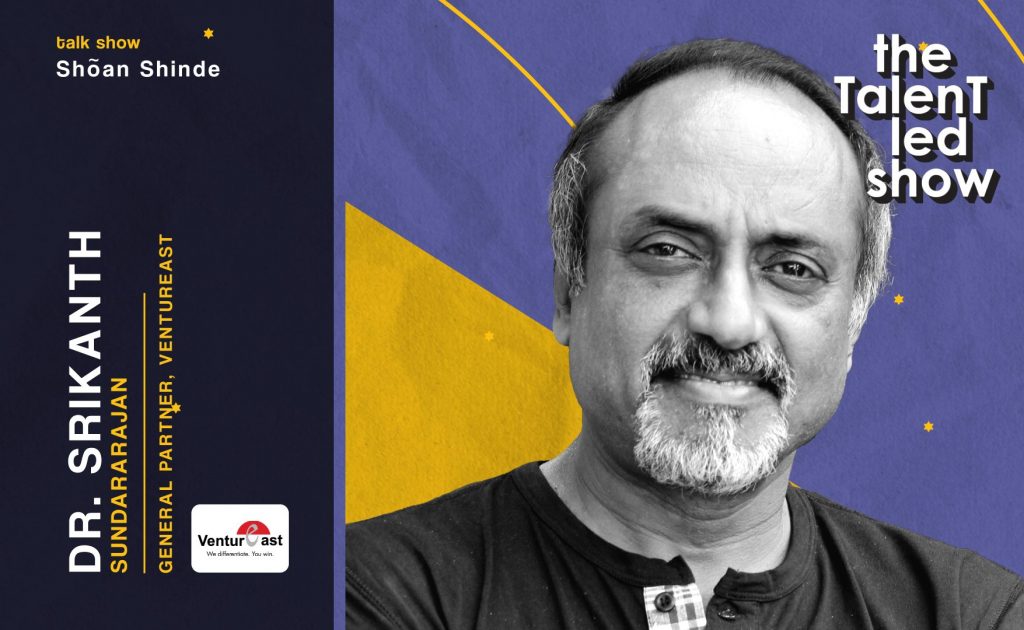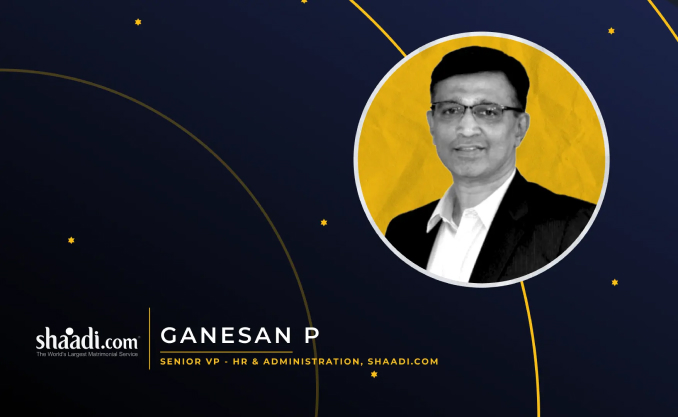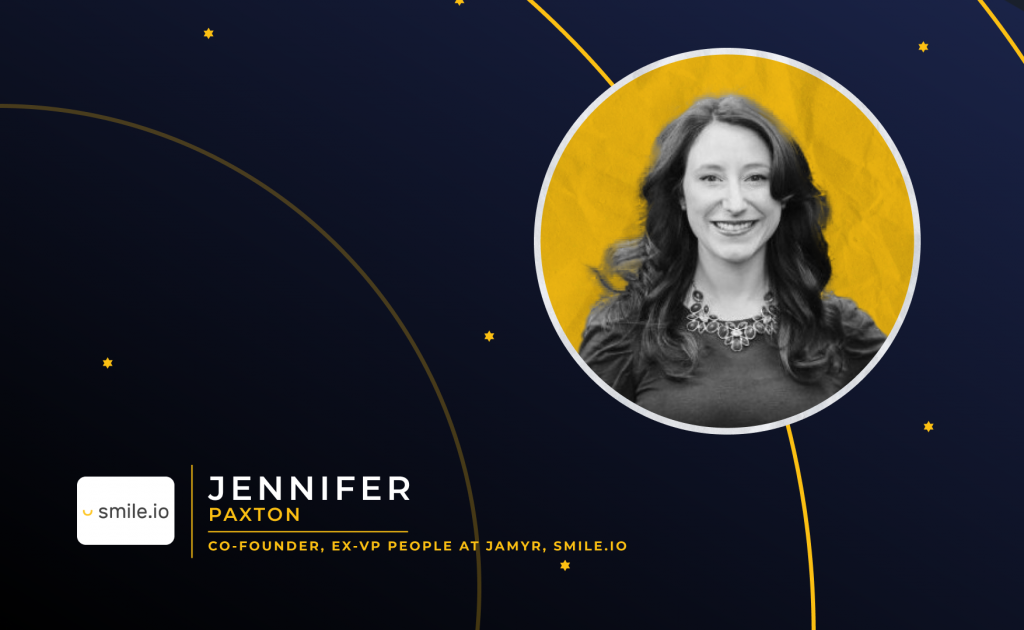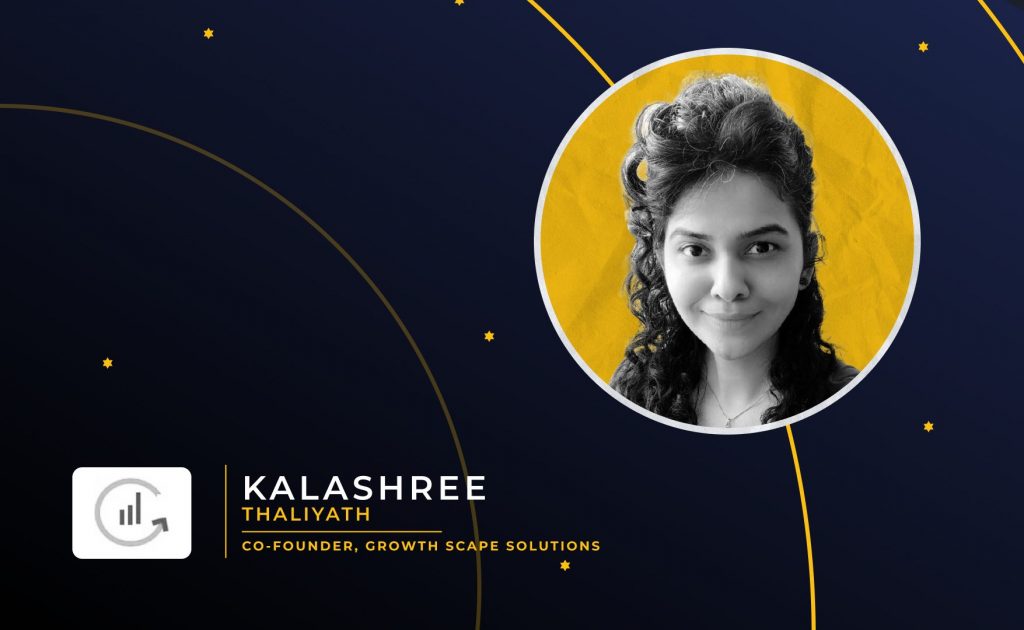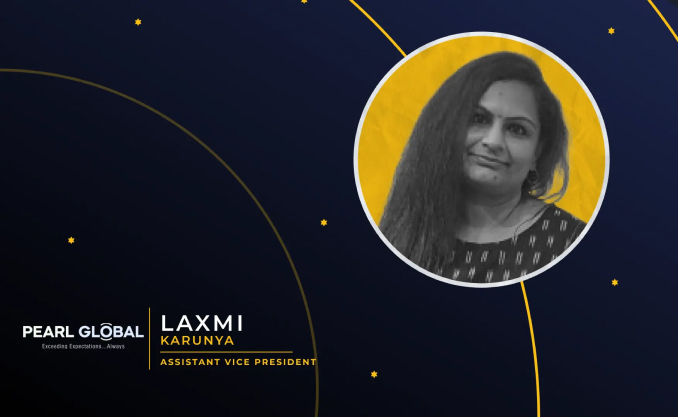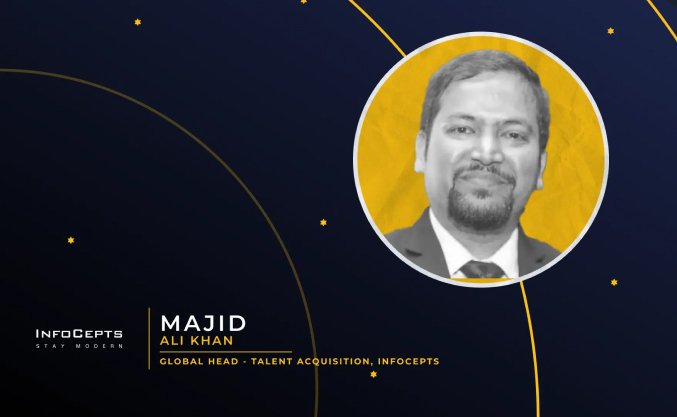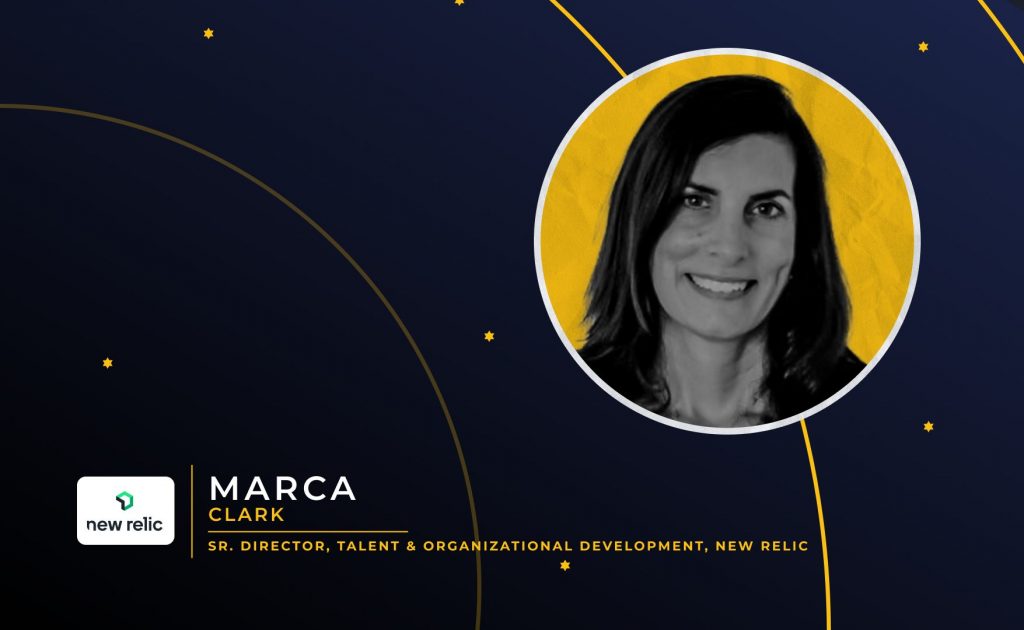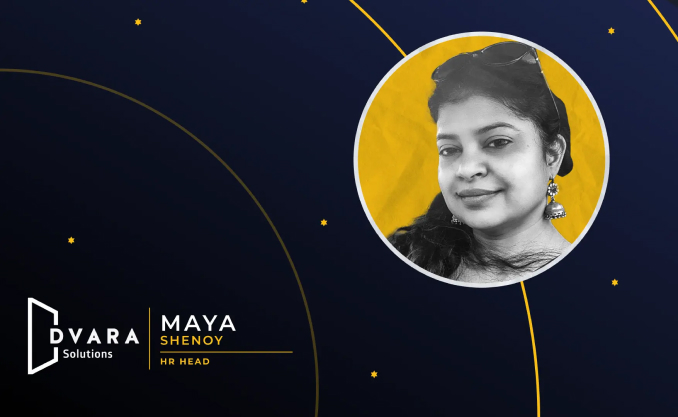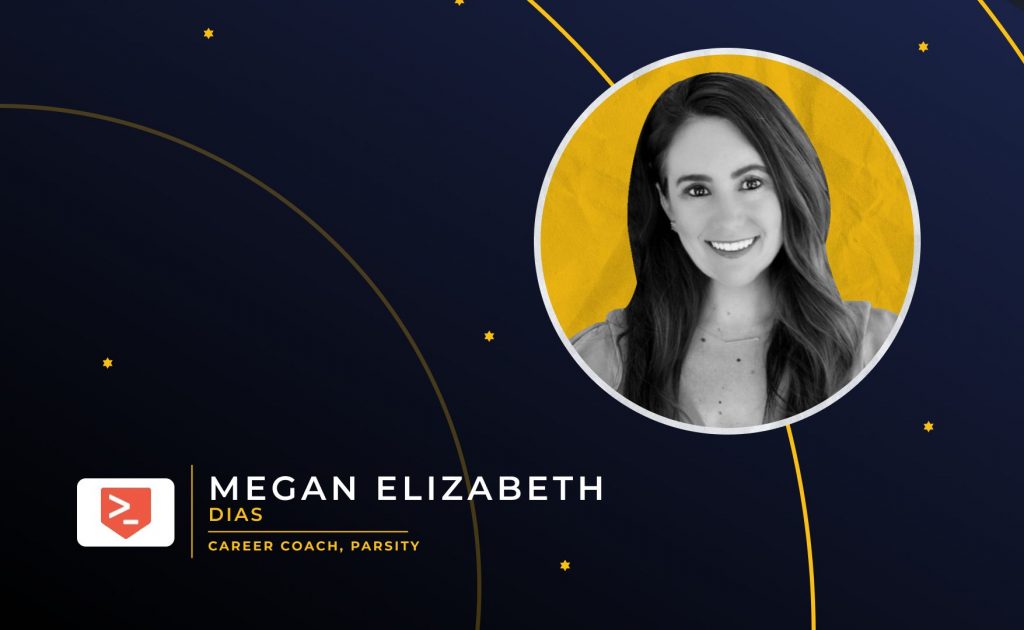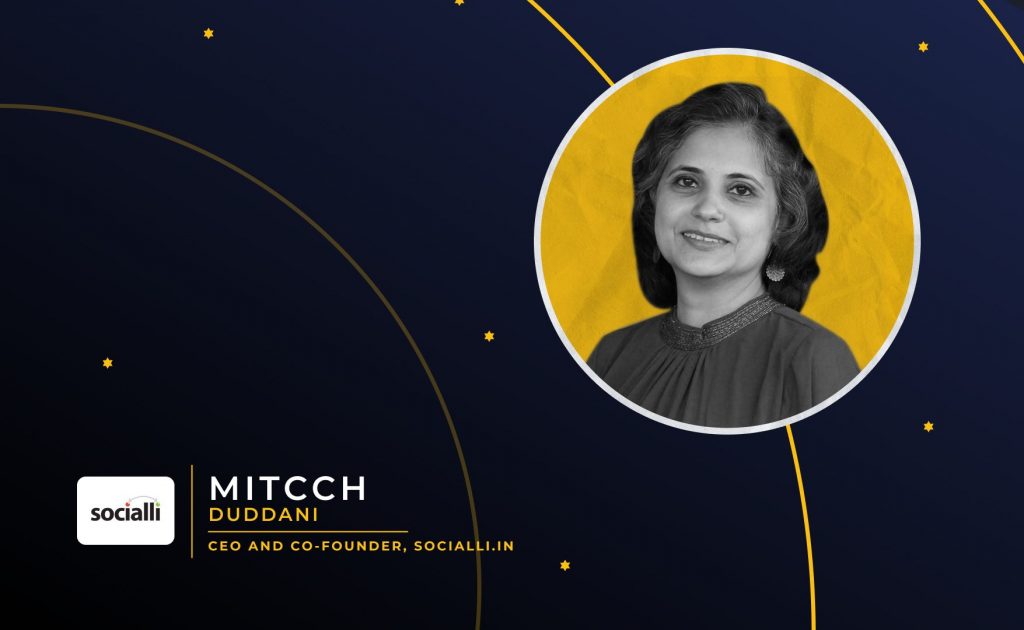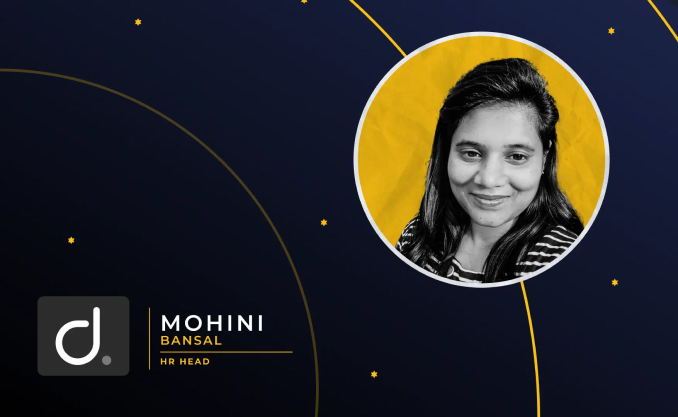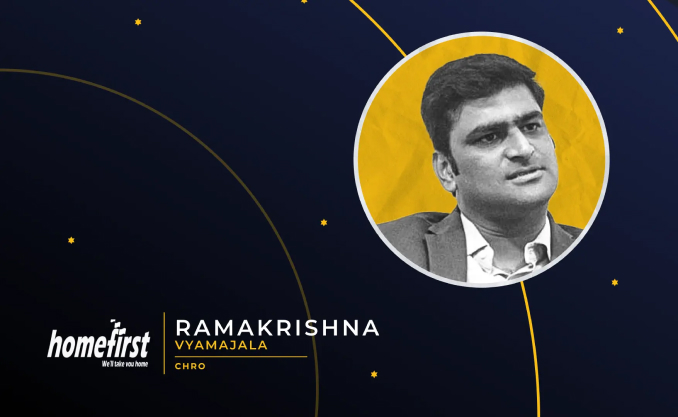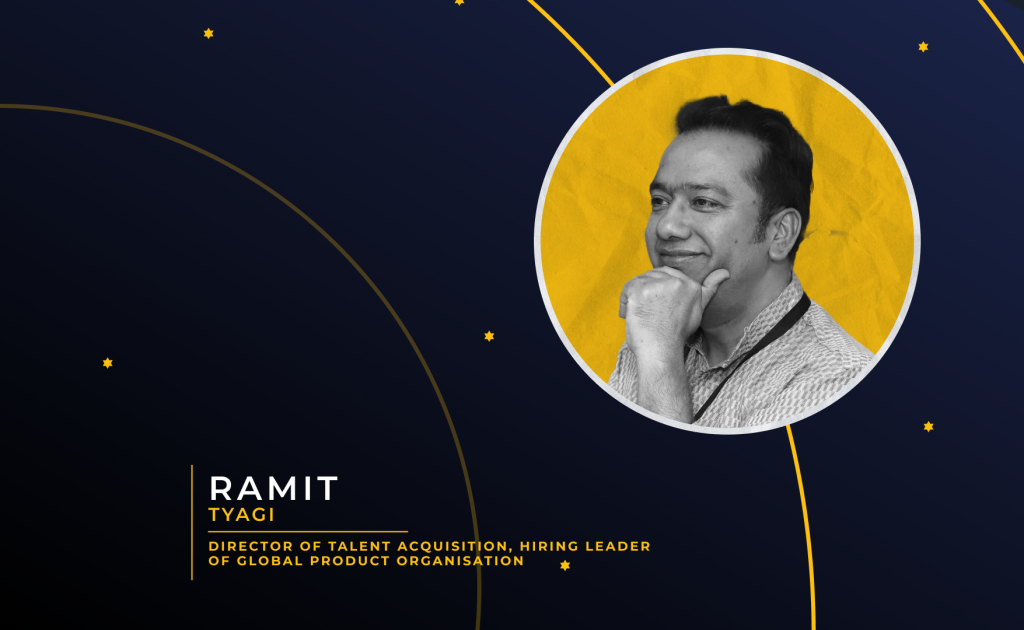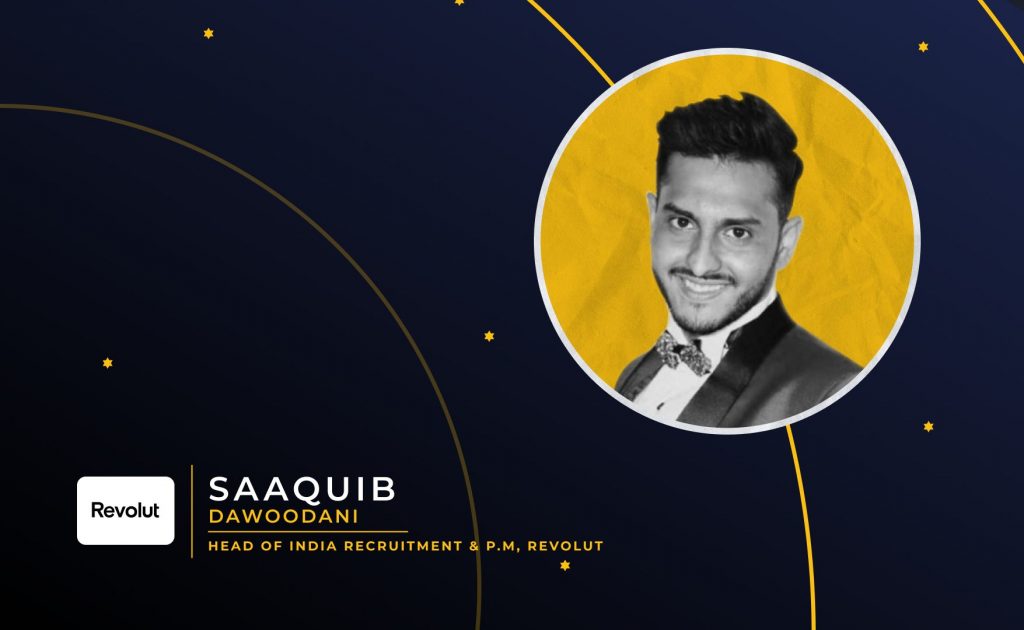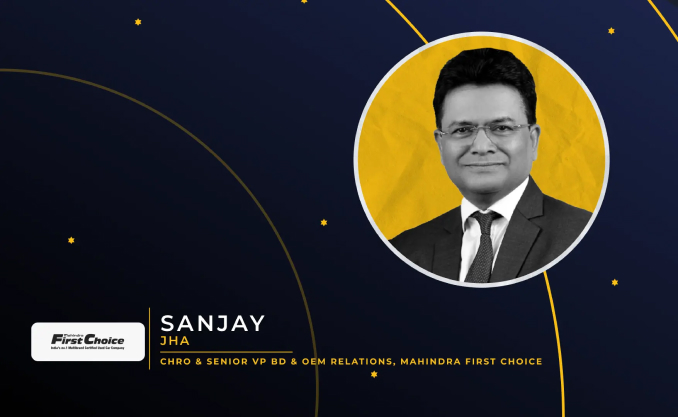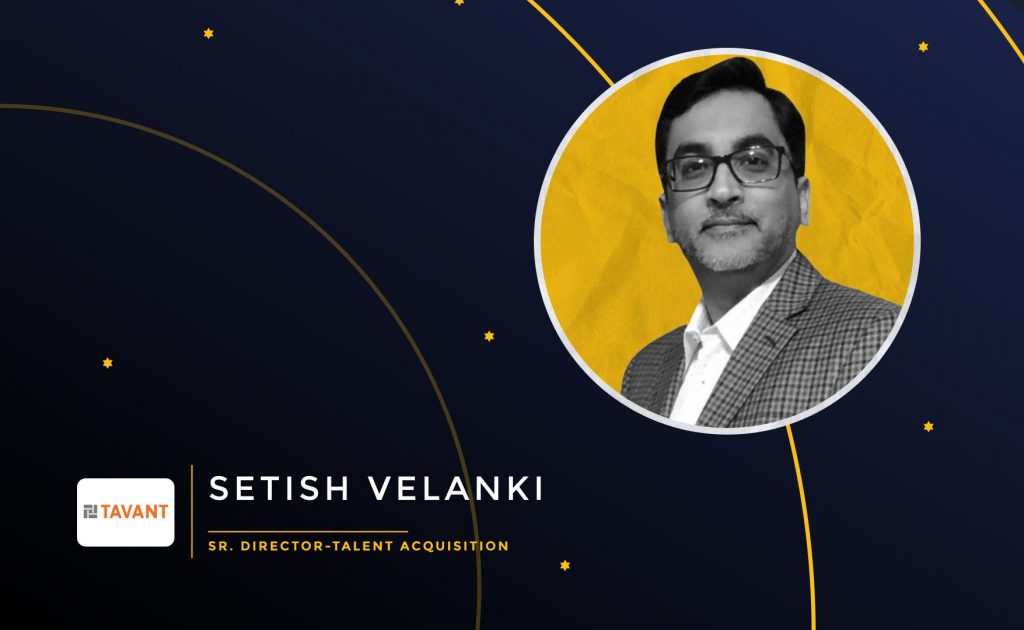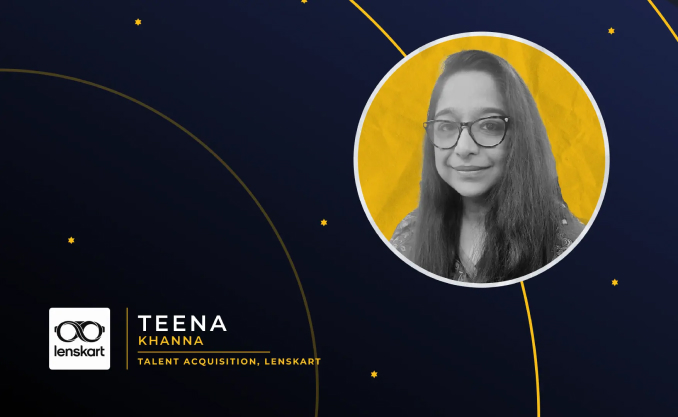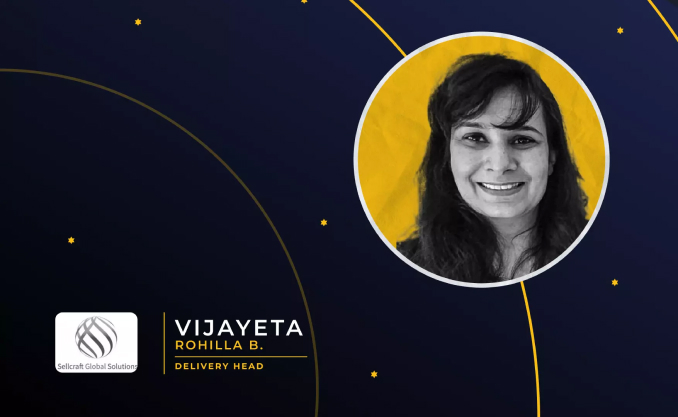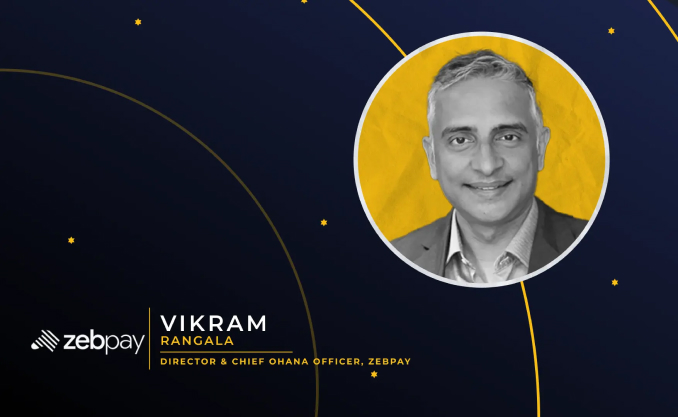MSR, CEO at T-Hub, has worked in the information technology industry for over three decades. Aujas, which he co-founded in 2008, was acquired by NSEIT, a wholly owned subsidiary of the National Stock Exchange, in March 2019. Member of the Board of Directors of Network Solutions (Netsol), which was acquired by IBM in 2005.
When asked about entrepreneurship, he mentioned that it's similar to farming in that you can't control it, you have to be patient, and you have to put in the effort, do the hard work, and then collaborate to create an outcome.
MSR believes that today's entrepreneurs, particularly young entrepreneurs, have access to information that was previously unavailable. Previously, information was a source of power. That information asymmetry no longer exists.
What do we do here at T Hub, and why is it unique?
T-Hub’s main goal is to encourage and promote entrepreneurship and innovation. T-Hub was founded in 2014 with 200 startups; now, there are nearly 7000+ startups, and there were only two incubators in 2014; now, there are 66. T-Hub has served as a model for the development of this entire ecosystem. This ecosystem includes the dean of ISB, the vice chancellor of IIIT Hyd, and many more people who have raised close to $2 billion in funding, which distinguishes T-Hub.
“Being an entrepreneur entails being creative, taking risks, and pushing oneself” – MSR
What brought you to T-Hub?
I’ve been working for about 36 years now, and my career has actually been divided into three parts: the first 12 years, when I worked with others as a professional, the second 20 years as an entrepreneur, and the last four years, when I sold my last start-up in 2019. Then I realized, you know, when you do something on your own for the first time, you say, “Listen, I want to show it can be done both ways.”
You do it again to demonstrate that the first time was not a fluke.
I’ve been in Bangalore for 27 years, and I obviously spent a lot of my childhood and early education here. So I have deep roots here, and the opportunity to return home presented itself. So when this opportunity arose, I decided to return here, and I’ve now been here for about 18 months. And I think it’s fair to say that I enjoy what I do because I get to meet so many, so many bright young people with lots of ideas.
Where else will you get the chance to collaborate with them, help them, learn from them, lead them, coach them, and truly have an impact on how they may develop and grow their businesses? That is the reason I’m here.
What is entrepreneurship to you?
Entrepreneurship is about being creative, taking risks, and pushing oneself. Entrepreneurs are risk-takers, inventive problem-solvers, and risk-takers. They are ferociously driven by a desire to alter the current situation if you like.
Also hopefully, freedom in the sense that you should have the opportunity to mold the world in the manner that you see fit, constrained only by what others want you to do.
Nobody talks about failure; everyone only discusses successes. Do you have an incident of a learning opportunity that did not go as planned?
Entrepreneurship is similar to farming in that you cannot control, for example, how much rain or sunshine will fall. You have no control beyond the point; you don’t know how the crop will grow, but you must be patient. So you have to put in the effort, do the hard work, and then collaborate to create an outcome.
“Entrepreneurship is similar to farming in that you cannot control it; you must be patient, put in the effort, do the hard work, and then collaborate to achieve success.”
Is there a future plan, or does it fall within the scope of going more national in terms of expanding the startup ecosystem to other cities, and other metros?
We are working with more than six states in India, and they can see what we are doing and witnessing. So, if T-Hub can step in, contribute, and offer, basically, we have a decent playbook that they could maybe pick up and utilize to reproduce from, it will cut down on the amount of time it takes for them to become actively operational and influence certain results.
Are there any plans to scale this ecosystem, given its association with large corporations?
T-Hub is currently working with close to 15 huge firms, and one of their issues is that, by their very nature, large companies succeed. Nevertheless, there are two aspects to what they are attempting to accomplish. The first is how can they manage their current businesses more efficiently, and the second is what changes are necessary to make to the firm to enable scaling and growth. People now realize that some of their businesses must undergo drastic model changes as a result of all of this. Considering everything that is going on in the startup scene, we can certainly innovate within our own borders. Startups are quick, nimble, flexible, and able to complete tasks quickly. They are not hindered by red tape.
Do startups serve as legal solutions for corporations?
There are numerous scenarios, thus in some circumstances, they can sell to corporations, in others they can sell through corporations, in which case they jointly enter the market, and in still other scenarios they can receive finance from corporations.
Is there a possibility to share and exchange talents between their country and ours?
We have many exchange programs, and startups from different markets visit us to learn what is going on in the ecosystem and how they may benefit from it. Similar to this, we have dispatched our start-ups to markets outside the US; in fact, as of last week, nine of our companies were in Japan; once they are there, we’ll have start-ups from Korea and Australia.
What's the difference that you are seeing between a millennial entrepreneur and a Gen Z entrepreneur?
I believe that today’s entrepreneurs, particularly young entrepreneurs, have access to information that was previously unavailable. Previously, information was a source of power. That information asymmetry no longer exists. And today’s youth have much more access to information and are very sharp. They are extremely curious. Access to anything you want and all of these new-age technologies create enormous opportunities for them.
“I think that today’s entrepreneurs, especially those in the Gen-Z generation, are very intelligent and curious about things, and they have access to information that was previously unavailable. This attitude will open doors for them.”
